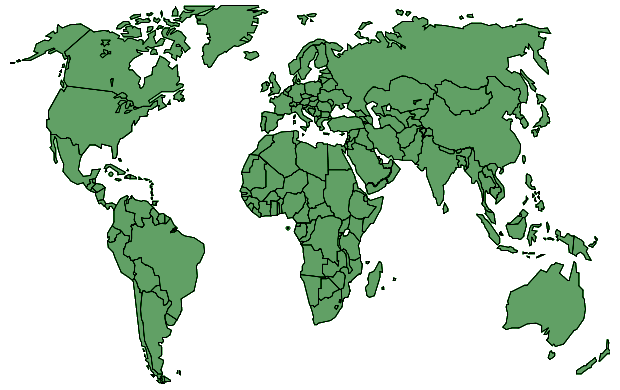
2023 global growth to slow to 1.7% from 3%
Global growth is slowing sharply in the face of elevated inflation, higher interest rates, reduced investment, and disruptions caused by Russia’s invasion of Ukraine, according to the World Bank’s latest Global Economic Prospects report.
Given fragile economic conditions, any new adverse development—such as higher-than-expected inflation, abrupt rises in interest rates to contain it, a resurgence of the COVID-19 pandemic, or escalating geopolitical tensions—could push the global economy into recession. This would mark the first time in more than 80 years that two global recessions have occurred within the same decade.
The global economy is projected to grow by 1.7% in 2023 and 2.7% in 2024. The sharp downturn in growth is expected to be widespread, with forecasts in 2023 revised down for 95% of advanced economies and nearly 70% of emerging market and developing economies.
Over the next two years, per-capita income growth in emerging market and developing economies is projected to average 2.8%—a full percentage point lower than the 2010-2019 average. In Sub-Saharan Africa—which accounts for about 60% of the world’s extreme poor—growth in per capita income over 2023-24 is expected to average just 1.2%, a rate that could cause poverty rates to rise, not fall.
Information Source: Read More “
Energy Monitors , Electric Power , Natural Gas , Oil , Climate , Renewable , Wind , Transition , LPG , Solar , Electric , Biomass , Sustainability , Oil Price , Electric Vehicles,Commodities , Shipping,


